FAQ
-
No, CHIP will not affect any government benefits you may receive, such as Old Age Security (OAS), Canada Pension Plan (CPP), or Guaranteed Income Supplements (GIS).
-
Downsizing is certainly an option but expenses can really add up with renovations, commissions, legal fees and land transfer taxes. Often you have to move away from the neighbourhood you love in order to purchase a home that will leave you with some extra cash for retirement.
-
YES! In 30 years over 99% of homeowners have money left over after their CHIP Reverse Mortgage is repaid. And on average, the amount left over is more than 50% of the value of the home. This is due to the conservative limit (up to 55%) that is put as the amount available to you; and the fact that most homes continue to increase in value.
-
A home equity line of credit is a good option for some people. It requires you to make regular payments. Before getting one, you will also have to qualify based on your income and credit history. You may also have to re-qualify as time goes on.
-
We will first pay off your existing mortgage, along with any other secured debt, and then give you the remaining proceeds.
-
You will remain the owner of your home. We will never ask you to move or sell, provided you: pay your property taxes and home insurance, and properly maintain your home.
-
No, there are no mortgage payments required until you choose to move or sell your home. You do have the option of making advanced interest payments to reduce the amount owing at the end of your reverse mortgage.
-
The amount you are eligible for depends on the age of the youngest applicant, the value of your home and the location of the property.
Still have questions? Book a call with us to see if a reverse mortgage is the right option for you.
